
What is Colon Cancer?
Colorectal or colon cancer is a malignant disease characterized by the existence of one or, sometimes, more malignant tumors in the large intestine and its final part - the rectum. This disease represents a major health problem worldwide and it is the second leading cause of cancer death in United States which takes over 56,000 lives each year.Causes and Risk Factors
There is no specific cause of colon cancer. Factors associated with increased risk of colon cancer include existence of colon polyps, cancer in another part of the body, family history of colon cancer, various inflammatory bowel diseases such as Crohn's disease and colon ulcer, and disorders of the immune system. Risk of colorectal cancer proportionally increases with the inflammatory bowel disease duration, from about 3% in the first decade to 20% in the second decade and more than 30% in the third decade of life.The frequency of colorectal cancer is almost equal for men and women where colon cancer is somewhat more common in women, (1,1:1), and rectal cancer is more common in men (1,3:1). Risk of colorectal cancer is significantly increased after the age of 40. It usually occurs in people that are 60-65 age old.
Genetic predisposition also could be risk factor for developing colon cancer. Gene mutations were found in patients with certain types of colon and rectal cancer. There are ongoing efforts to develop tests that could detect these genes before the cancer appears.
Diet containing large amounts of fat and cholesterol is associated with increased risk of colorectal tumors. On the contrary, it is believed that diet rich in fiber, whole grains, yellow and green vegetables act as preventive. Also, calcium salts and food rich in calcium prevent excessive multiplication of intestinal stations, as well as the influence of bile acids and fatty acids that promote the creation of cancer.
For a long time it has been suspected that the consumption of meat products stimulates colon cancer, but researchers from INRA for the first time proved that these products directly effect to the pre-tumor colon damaging. Scientists point out that, due to the meat processing, the meat products leads to oxidation and deposition of large amounts of harmful substances in the intestine.
Bad habits such as smoking and consuming large amounts of alcohol are among the risk factors that can significantly contribute to the development of colon cancer. In addition, diabetics have 40% chance for developing this serious disease due to insulin dependence. Obesity and physical inactivity greatly affect the potential appearance of this deadly disease that takes many lives each year. Also, environment, living conditions and everyday stress increase risk of developing colon cancer.


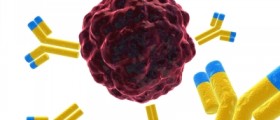
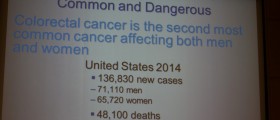


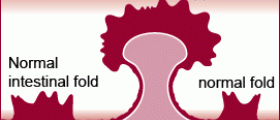
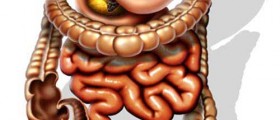
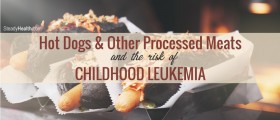
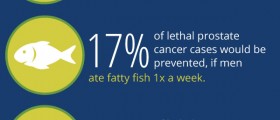
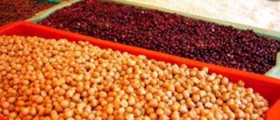






Your thoughts on this
Loading...